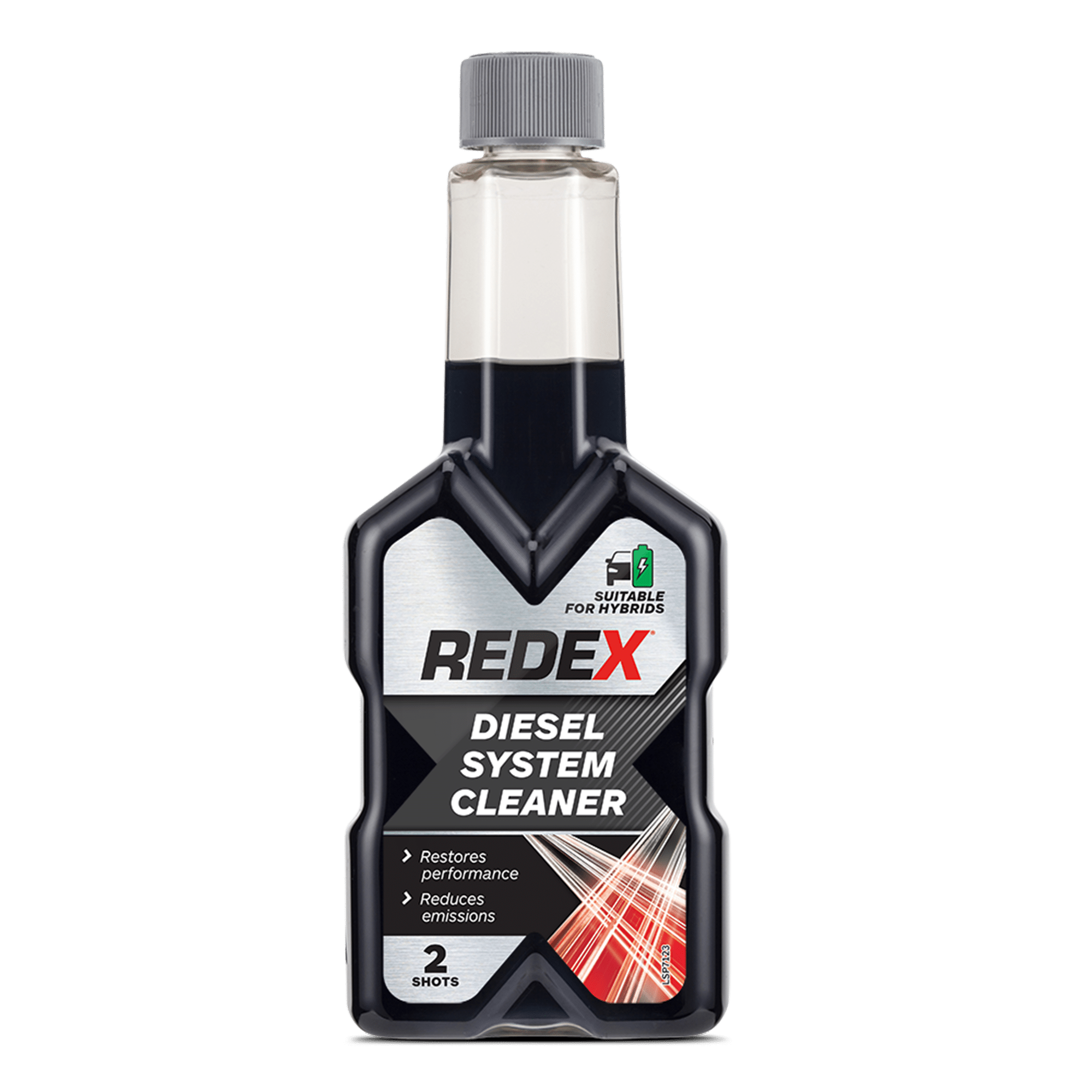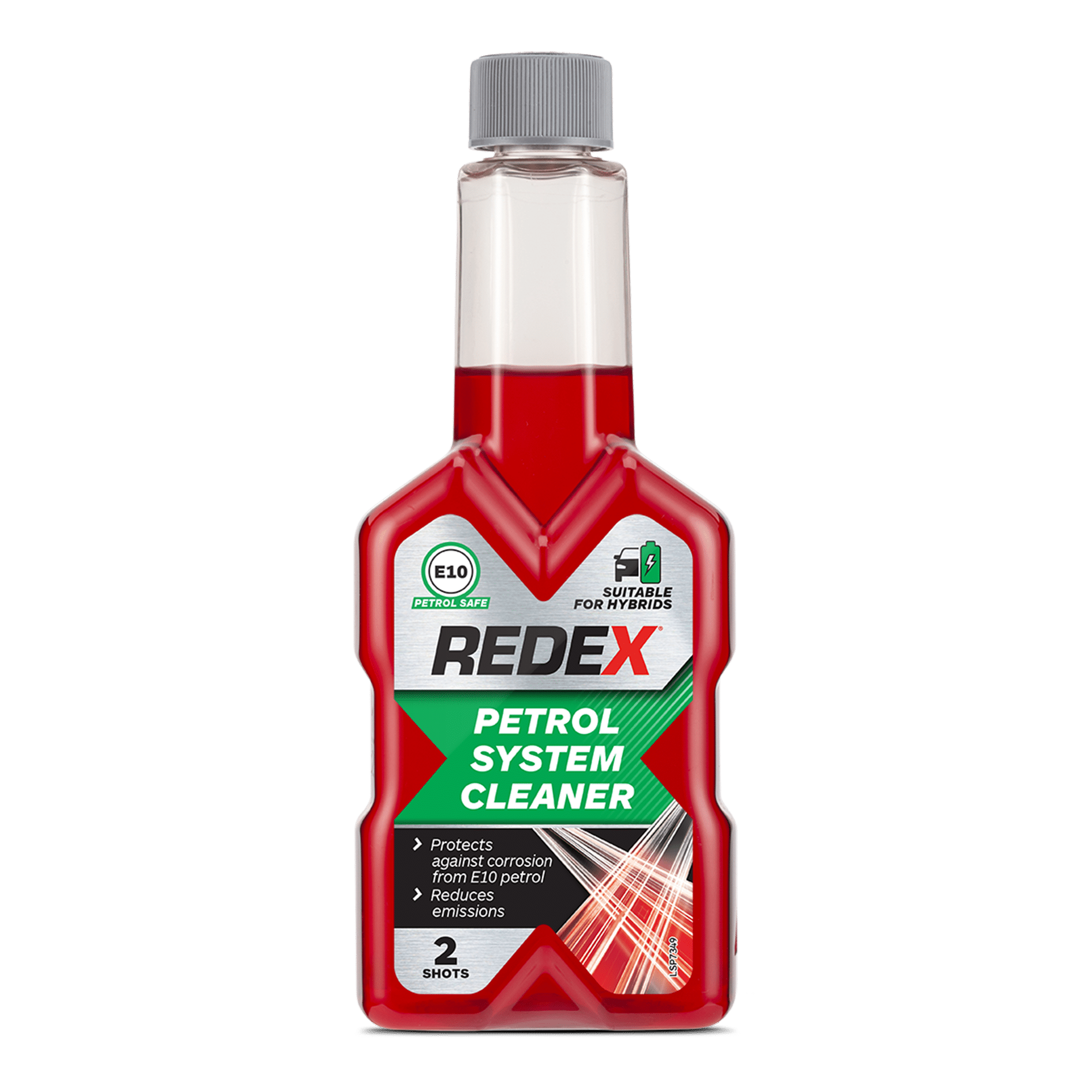Petrol and diesel prices have reached eye-watering new highs and show no signs of dropping any time soon. But despite what you might think, there are ways to save on fuel costs – even if it does mean adjusting your driving style and habits.
If you’ve noticed a big difference in your weekly fuel bill, you may be desperate to hear about new ways to save fuel and look after those pennies. And while there’s certainly no easy fix to rising fuel costs, small changes here and there could help keep those costs to a tolerable minimum.
From ‘hypermiling’ to cleaning your car’s fuel system – in this guide, we’re sharing our expert tips for saving money on fuel.
Reduce Weight
Is your car prone to clutter? Perhaps your boot is full of junk that could quite easily be stored at home? If you regularly drive with bits and bobs in your car, you could be wasting fuel by lugging around more weight than you need.
When you’re trying to optimise your car’s MPG, you can’t afford to carry any unnecessary weight. Whether it’s golf clubs or general clutter, that extra weight is costing you money, so ditch the cargo and only ever drive with the bare essentials you need for your journey.
Try ‘Hypermiling’
Have you heard the term ‘hypermiling’? Since the start of the cost of living crisis it’s appeared on several money advice forums, including the BBC’s Mornings programme. Essentially it refers to the practice of changing your driving style to reduce fuel and get from A to B more efficiently – saving money in the process.
To start hypermiling, you need to commit to changing your driving style. Essentially you’re looking to maximise MPG without impacting journey times, which means adopting a smoother way of driving. Try to keep your car moving wherever possible, avoiding the need to start and stop at traffic lights and other obstructions.
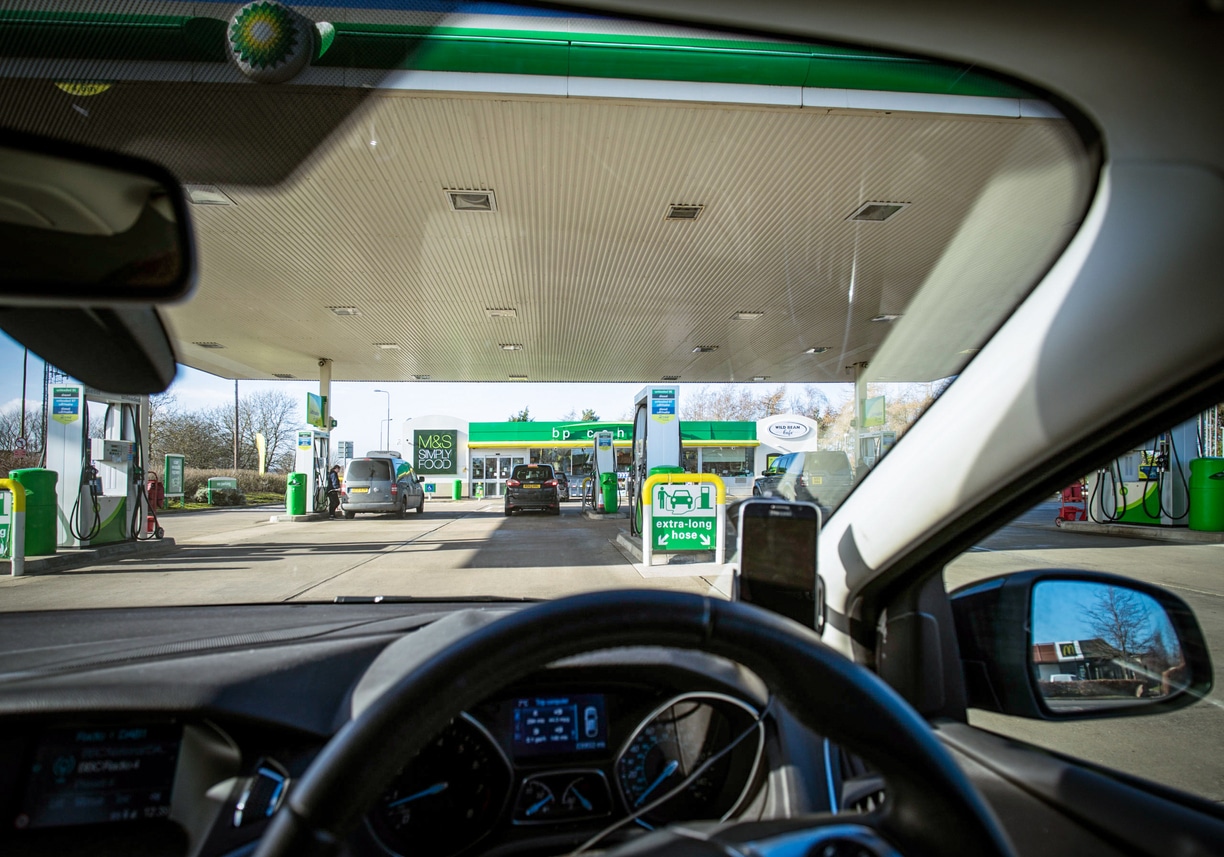
Top Up Your Tank a Little and Often
In a similar vein to our point about reducing weight, you should try visiting the fuel pumps more often but for less fuel. Remember, any excess weight you carry will impact MPG and fuel economy, and that goes for fuel too.
If you live near a fuel station, try topping up your car’s tank as frequently as you can. Putting £10 in here and there may seem like a chore, but it will reduce the weight you need to carry from A to B, so you’re never wasting fuel unnecessarily.
Reduce Your Speed
Speed and speed limits can be a divisive issue for UK drivers. But even if you sit on the side of the fence that think the country’s speed limits are too strict, there’s no arguing that driving at high speeds uses more fuel.
Believe it or not, speed limits aren’t there just to peeve drivers off. As well as safety, they’re also in place to keep fuel use and emissions to a minimum. That’s part of the reason why the UK government is currently trialling a new 60 mph speed limit on some motorways.
Say for example, you’re driving on the motorway at 70 mph. You’re burning considerably more fuel than you would be at 60. So, if you want to save fuel and keep money in your pocket, be more mindful of how fast you’re travelling and leave more time for your journey so that you can drive at a more fuel-efficient pace.
Understand Your Car’s MPG Figures
Car manufacturers often advertise MPG figures, but how many people really pay attention to them? When you drive every day, your car’s MPG may be the least of your worries. But if you want to start saving money on fuel, it could pay to gain a better understanding of what these fuel economy figures actually mean.
If you’ve never cared much about your car’s quoted MPG figures, our guide to calculating and understanding miles per gallon can help you to get to grips with what the numbers mean. We’ve also included some simple tips on improving MPG, so you can get more miles out of every tank of fuel.
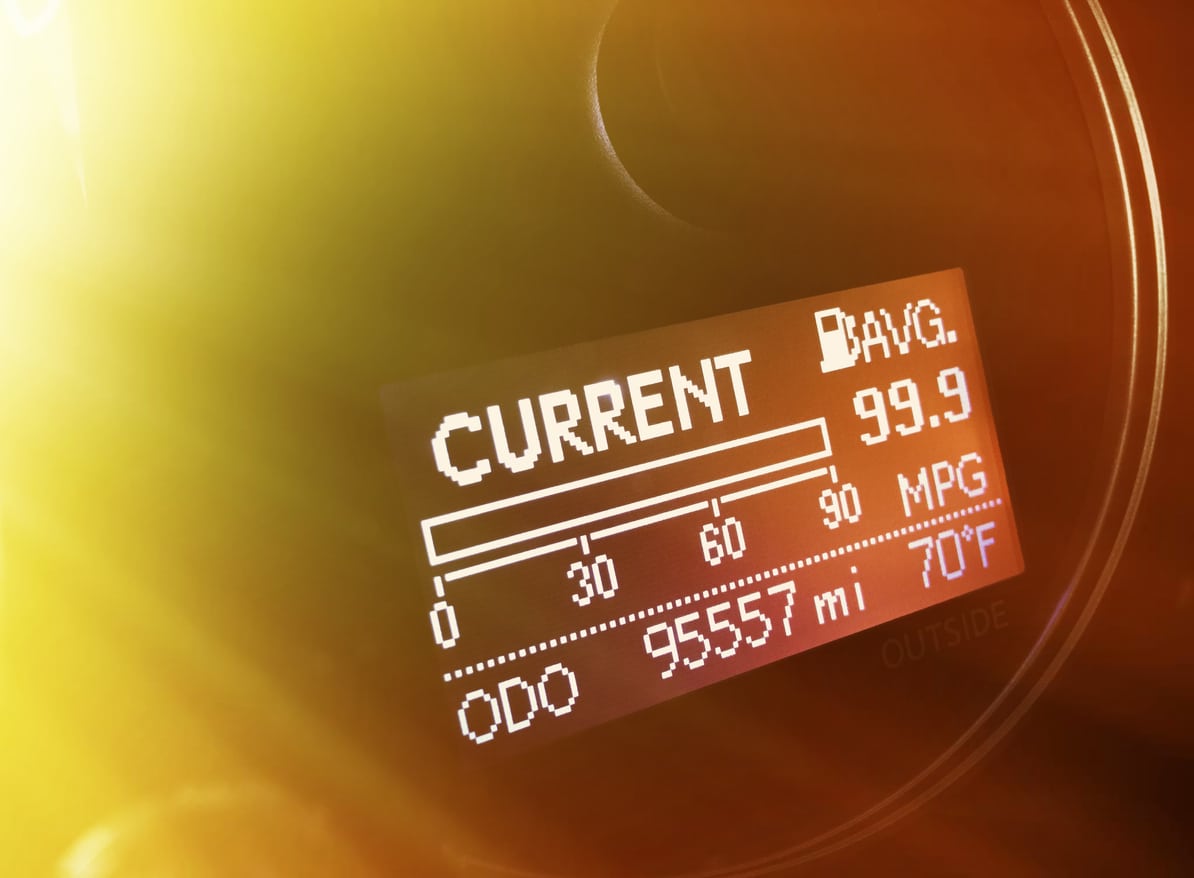
Clean Your Car’s Fuel System
Cleaning your car’s fuel system might sound like a drastic way to save money on fuel, but it’s a lot simpler than you might think – and absolutely worth your time.
Over time, dirt and deposits can build up in your car’s fuel system, hampering engine performance and fuel economy. By cleaning your car’s fuel system you can restore performance and ensure optimal MPG, while also keeping emissions to a minimum. Find out how to clean your car’s fuel system in our in-depth guide.
Start Slow
Did you know that your car burns more fuel in the first five miles of driving? That’s because the engine hasn’t reached its optimal running temperature, so it burns more fuel for every mile covered.
To reduce the amount of fuel wasted at the start of your journeys, avoid hard acceleration and start-stop driving where you can when you first set off. Not only does this save fuel, but it also reduces the strain placed on the engine, which could help you save on future maintenance costs too.
Monitor Tyre Pressures Weekly
Alongside weight, tyre pressure can make a huge difference to how economical your journeys are. Just a few PSI under or over the recommended pressure, and you could be inadvertently increasing rolling resistance, which means wasted fuel and a poor overall driving experience.
To maximise efficiency, we’d recommend monitoring tyre pressures on a weekly basis (or whenever you can find time to check them at regular intervals). Tyres naturally lose pressure, so monitor them closely to make sure they’re always set at the correct inflation.
As well as this, be sure to adjust tyre pressure depending on your cargo and passenger numbers. Your car’s manual should recommend tyre pressures based on the load you’re carrying.
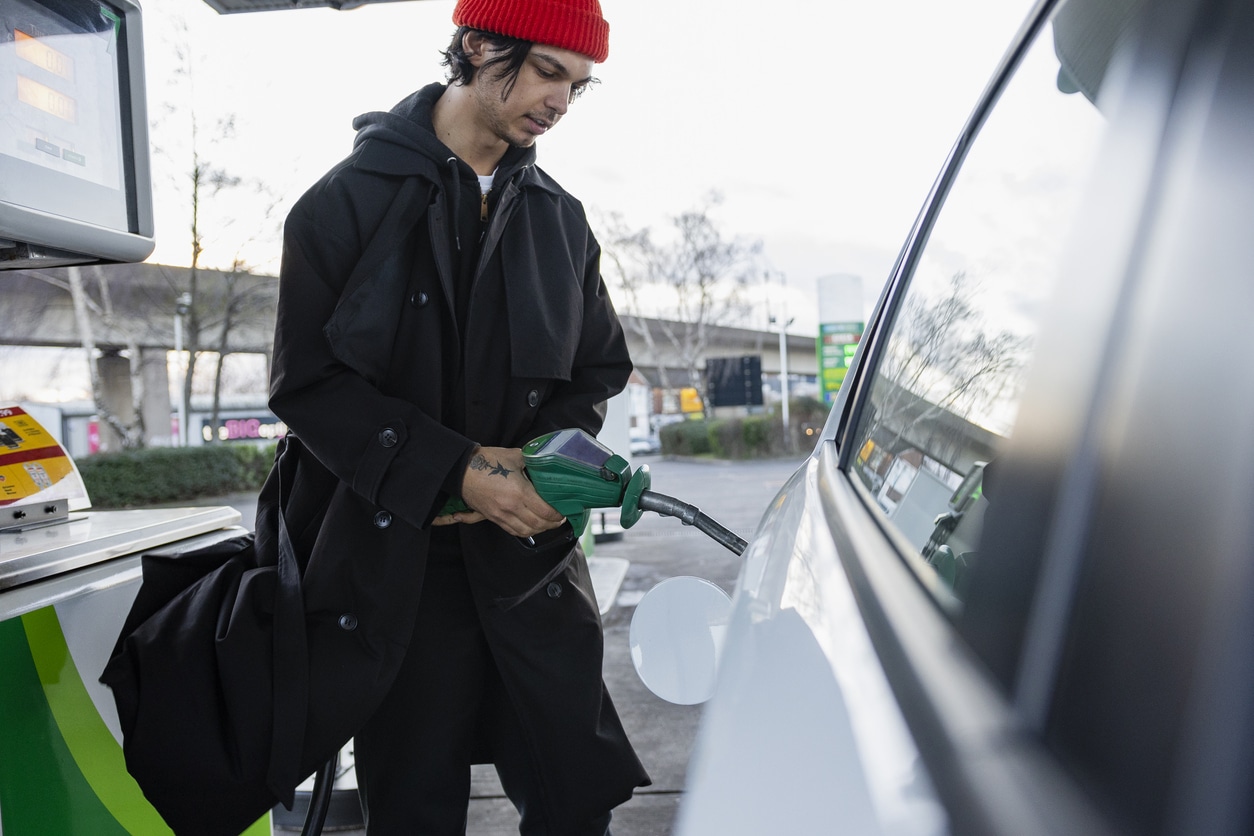
Use PetrolPrices.com to Find the Cheapest Fuel Prices in Your Area
If you’ve ever wondered why a litre of fuel costs more in some parts of the country than others, it’s all to do with supply and demand. For instance, fuel stations in rural areas may charge more since they have less competition. Meanwhile in big cities, drivers generally pay less per litre because fuel stations must compete for custom. You can learn more about what affects the price of fuel from region to region here.
Want to find the cheapest fuel prices near you? Use PetrolPrices.com to monitor fuel costs and find the cheapest per-litre prices based on your location. Covering the entire UK, this handy app could help you save over £220 a year (according to their latest predictions), making it an absolute no-brainer for the cost-conscious motorist.
We hope this guide helps you cut costs and save money on fuel. To ensure your car is performing at its best and burning fuel efficiently, Redex fuel additives can help you save fuel, reduce emissions, and optimise engine performance. To find out more, visit the homepage today.

